Posted on April 7, 2021 by The Orwell Prize -
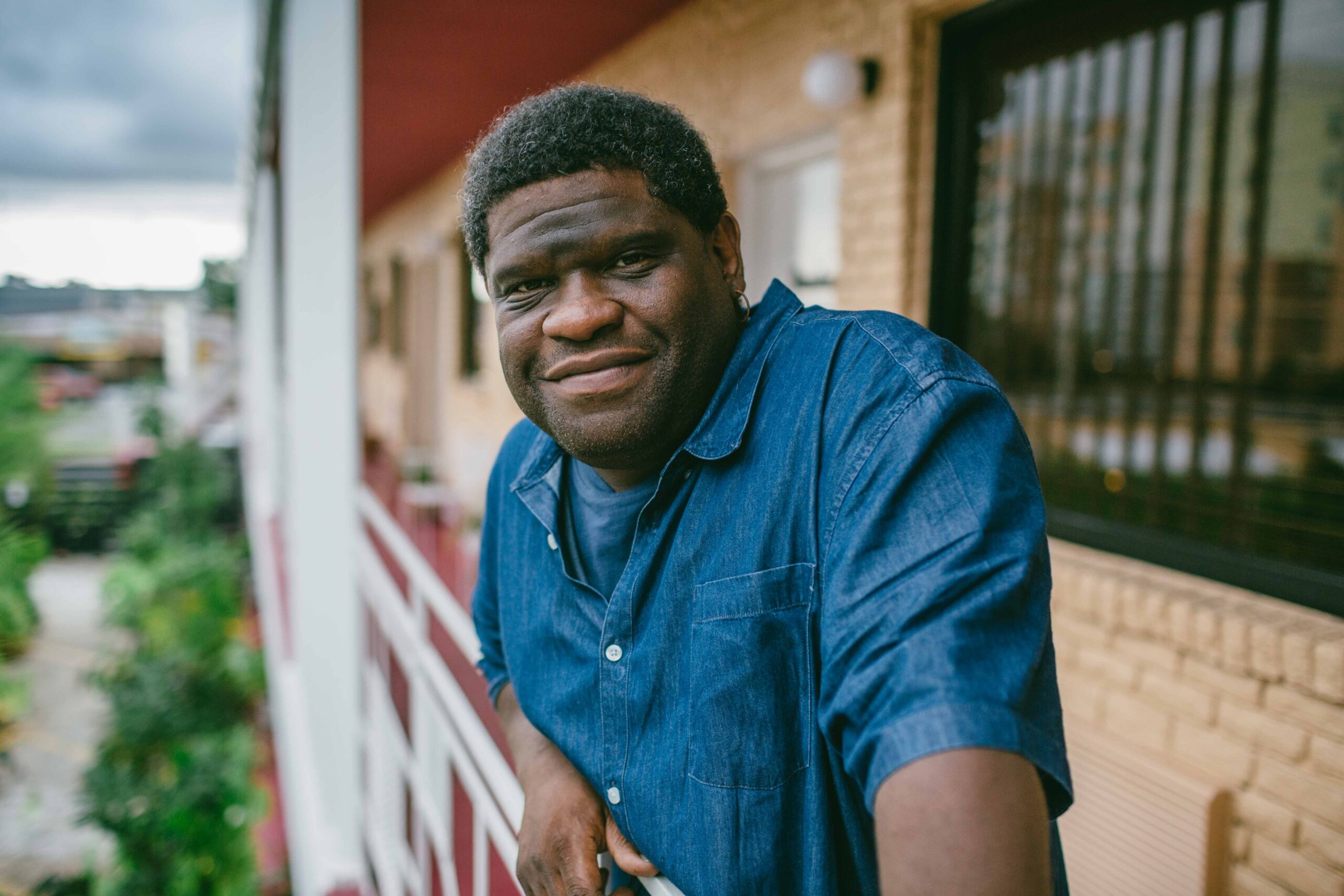
Gary Younge is an award-winning author, broadcaster and a professor of sociology at the University of Manchester in England. Formerly a columnist at The Guardian he is an editorial board member of the Nation magazine and the Alfred Knobler Fellow for Type Media. His book Another Day in the Death of America was shortlisted for The Orwell Prize for Books in 2018.
“Gary Younge examined the major themes of the past 12 months, covid-19 and racism, with the eloquence of an expert journalist and the depth of an academic. His analysis of George Floyd’s murder, the differential impact of the pandemic on Black and Asian communities, and the role of racism and inequalities brings sharp and original insights that, although delivered at the height of the crisis, remain undeniable today.” – Kamran Abbasi, Executive Editor of the BMJ
Posted on April 7, 2021 by The Orwell Prize -
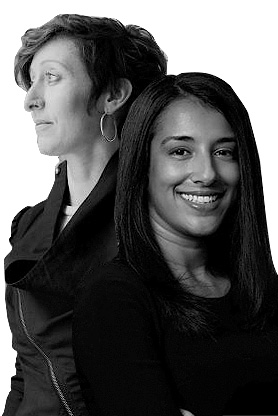
Megha Rajagopalan is a senior correspondent for BuzzFeed News in London. Previously she opened BuzzFeed’s China bureau and, before that, worked as a political correspondent for Reuters in Beijing. Alison Killing is an architect and open source investigator. She specialises in geospatial analysis. Over the past few years her work has focused on migration to Europe and Xinjiang’s camps.
Posted on April 7, 2021 by The Orwell Prize -

John Harris and John Domokos are the co-creators of The Guardian video series Anywhere But Westminster, which has been running for over ten years, chronicling and foreshadowing many of the tumultuous political events of the decade. Their aim has always been to turn political coverage on its head, and root their journalism far beyond centres of power, in the experiences of people and places too often ignored.
Posted on April 7, 2021 by The Orwell Prize -

Ali Smith was born in Inverness in 1962. She is the author of Spring, Winter, Autumn, Public library and other stories, How to be both, Shire, Artful, There but for the, The first person and other stories, Girl Meets Boy, The Accidental, The whole story and other stories, Hotel World, Other stories and other stories, Like and Free Love. Hotel World was shortlisted for the Booker Prize and the Orange Prize. The Accidental was shortlisted for the Man Booker Prize and the Orange Prize. How to be both won the Bailey’s Prize, the Goldsmiths Prize and the Costa Novel of the Year Award, and was shortlisted for the Man Booker Prize. Autumn was shortlisted for the Man Booker Prize 2017 and Winter was shortlisted for The Orwell Prize for Books in 2018. Ali Smith lives in Cambridge.
Smith, accepting her prize in a speech next to the mural of Orwell at Southwold Pier in Suffolk, sent this message:
The judges said:
The conclusion to Ali Smith’s seasonal quartet seals her reputation as the great chronicler of our age. Capturing a snapshot of life in Britain right up until the present day, Smith takes the emotional temperature of a nation grappling with a global pandemic, the brink of Brexit, heart-breaking conditions for refugees, and so much more. It will serve as a time-capsule which will prove to be essential reading for anyone seeking to understand the mood of Britain during this turbulent time.”
Posted on April 7, 2021 by The Orwell Prize -
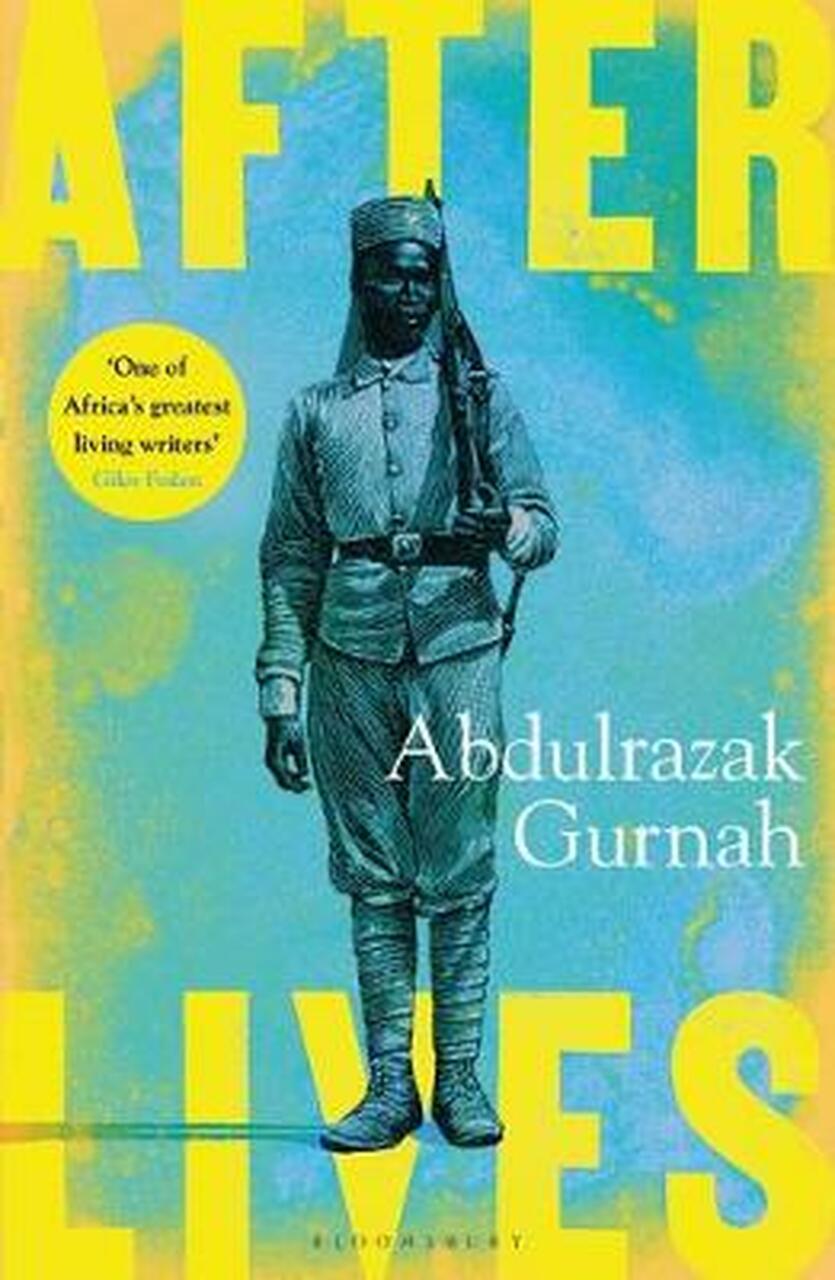
Set in what was German East Africa in the early years of the 20th century, Afterlives is an exquisite and haunting exploration of lives disrupted by colonial wars, and the chaos that followed the European scramble for Africa. At once subtle and limpid, the narrative interweaves the lives of characters at the mercy of the destructive forces unleashed by colonial struggles for supremacy but determined to grasp what happiness their troubled times will allow them.”
Posted on April 7, 2021 by The Orwell Prize -
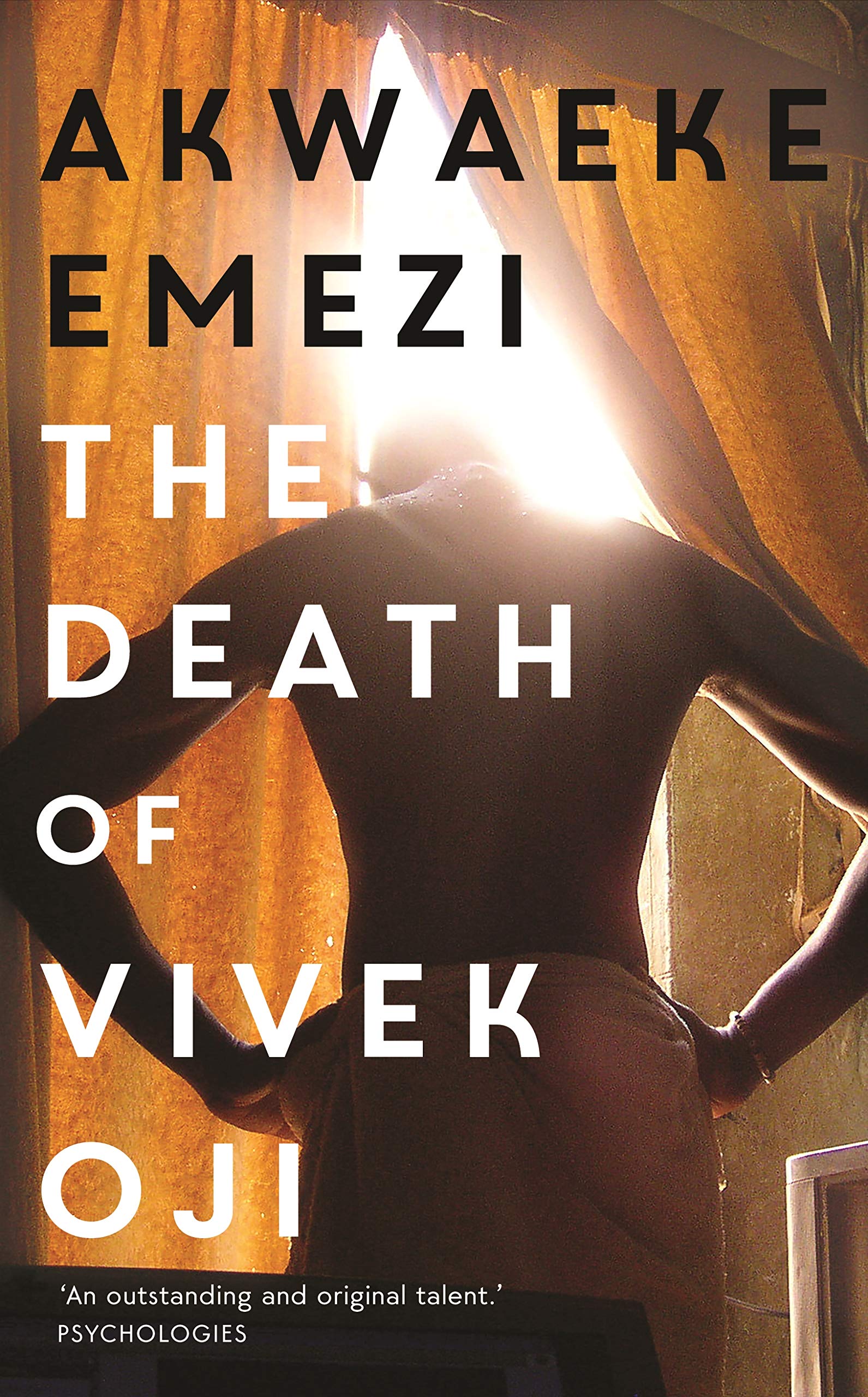
This novel develops a fascinating group portrait of young Nigerians negotiating the challenges and excitements of adolescence and early adulthood. Modernity and age-old cultural traditions are sometimes in alliance and sometimes pitted against each other, while the novel’s central character must court danger or betray their deepest impulses; the events that propel them towards their early death are narrated by Emezi with elegance, humour and sophistication.”
Posted on April 7, 2021 by The Orwell Prize -
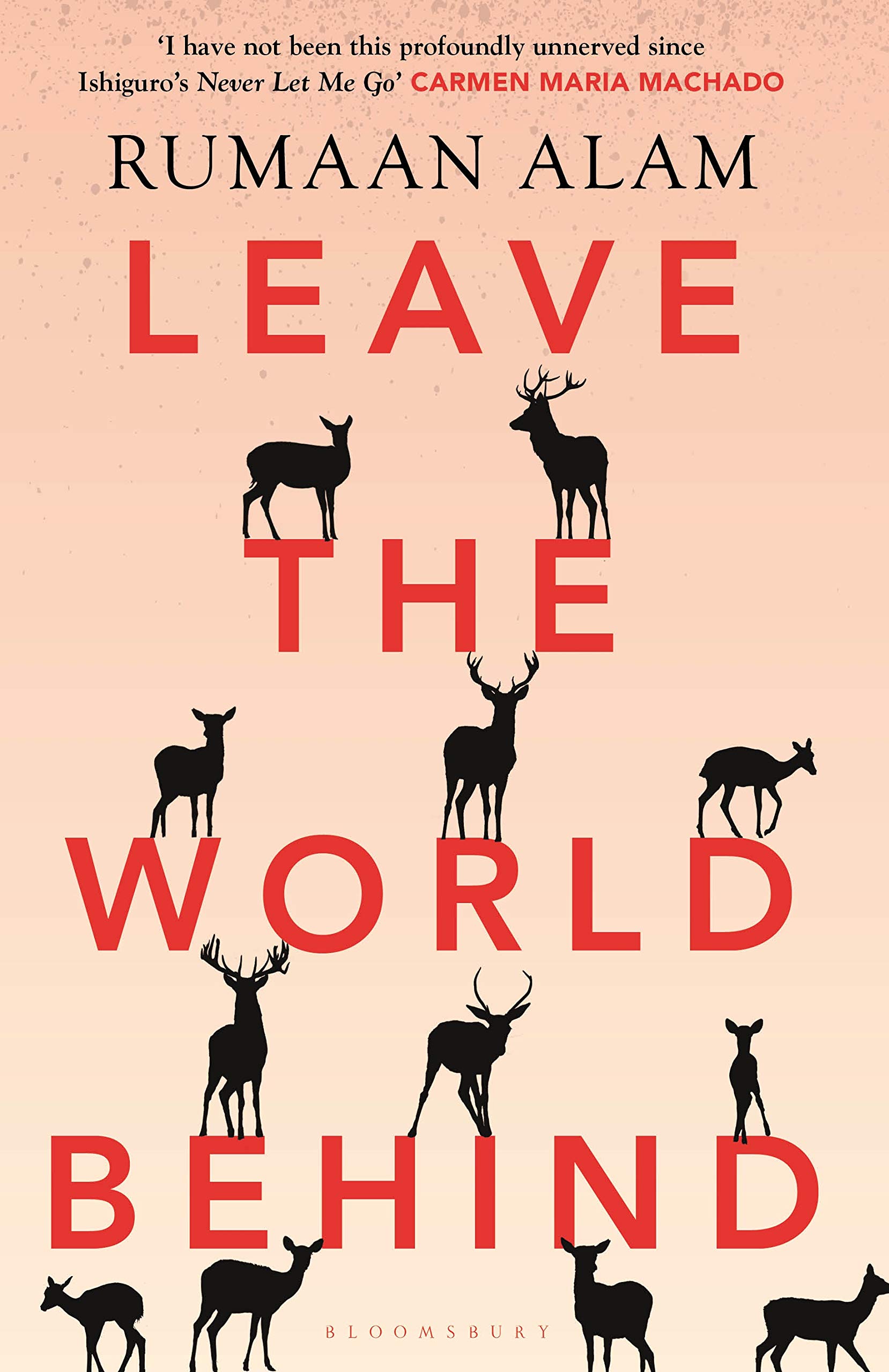
Rumaan Alam’s taut and terrifying disaster novel is a masterclass in dystopian scene-setting and pacing. Skewering consumerism, privilege, and our reliance on technology, Alam highlights the uselessness of societal divisions in the face of shared global catastrophe. A highly original, eerie, and prescient page-turner which wrestles complex social issues with confidence and verve.”
Posted on April 7, 2021 by The Orwell Prize -
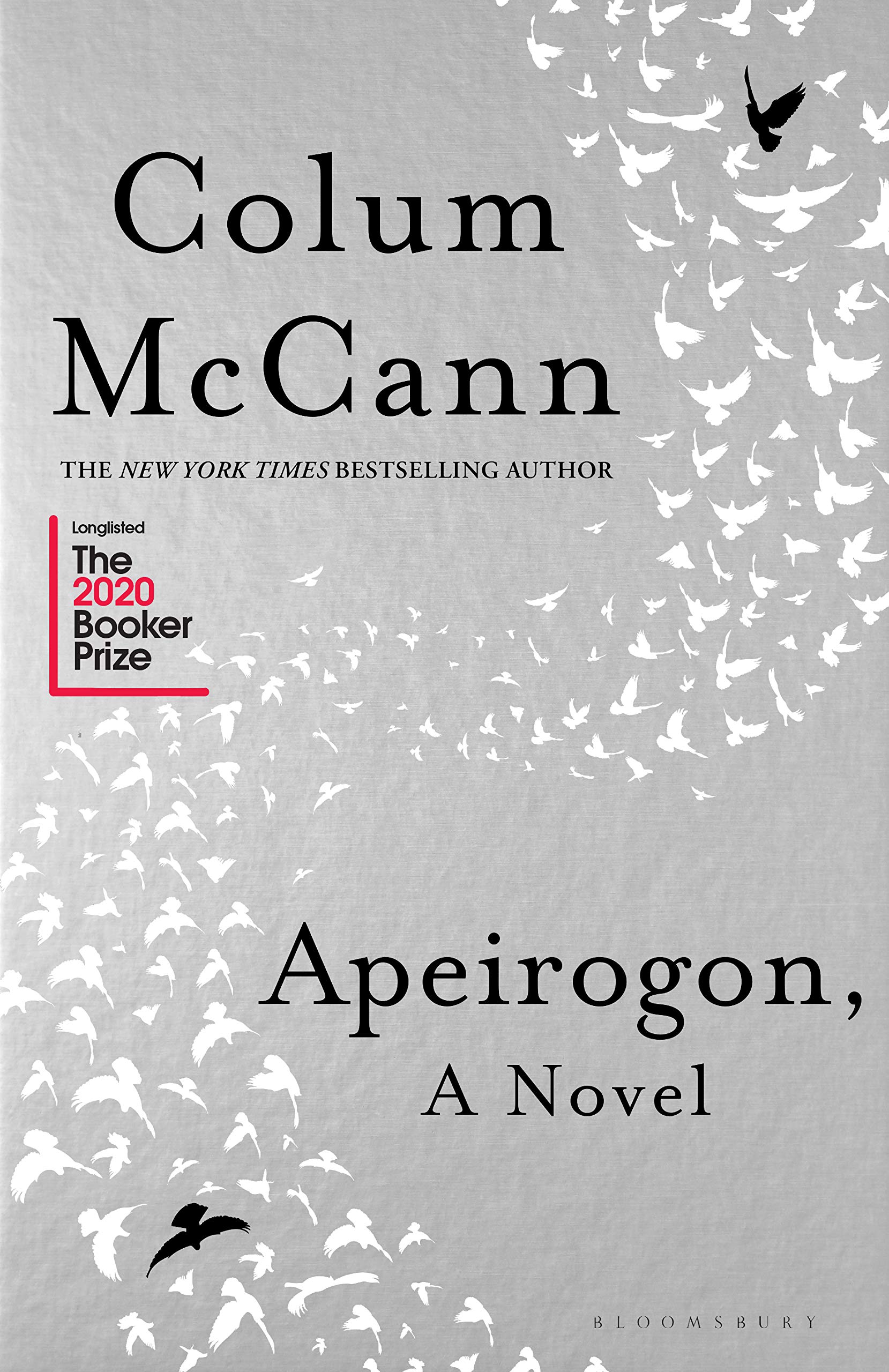
An apeirogon is a mathematical term for a shape with a countably infinite number of sides and is used by Colum McCann as a metaphor for the complexity of relationships between Israelis and Palestinians. Despite its abstract-sounding title, McCann’s astonishing novel is utterly and brilliantly grounded in the political realities of everyday life in the Occupied Territories, and the friendship of two men, who have both lost daughters in the conflict, and who forge a moving friendship across the many barriers that would divide them.”
Posted on April 7, 2021 by The Orwell Prize -
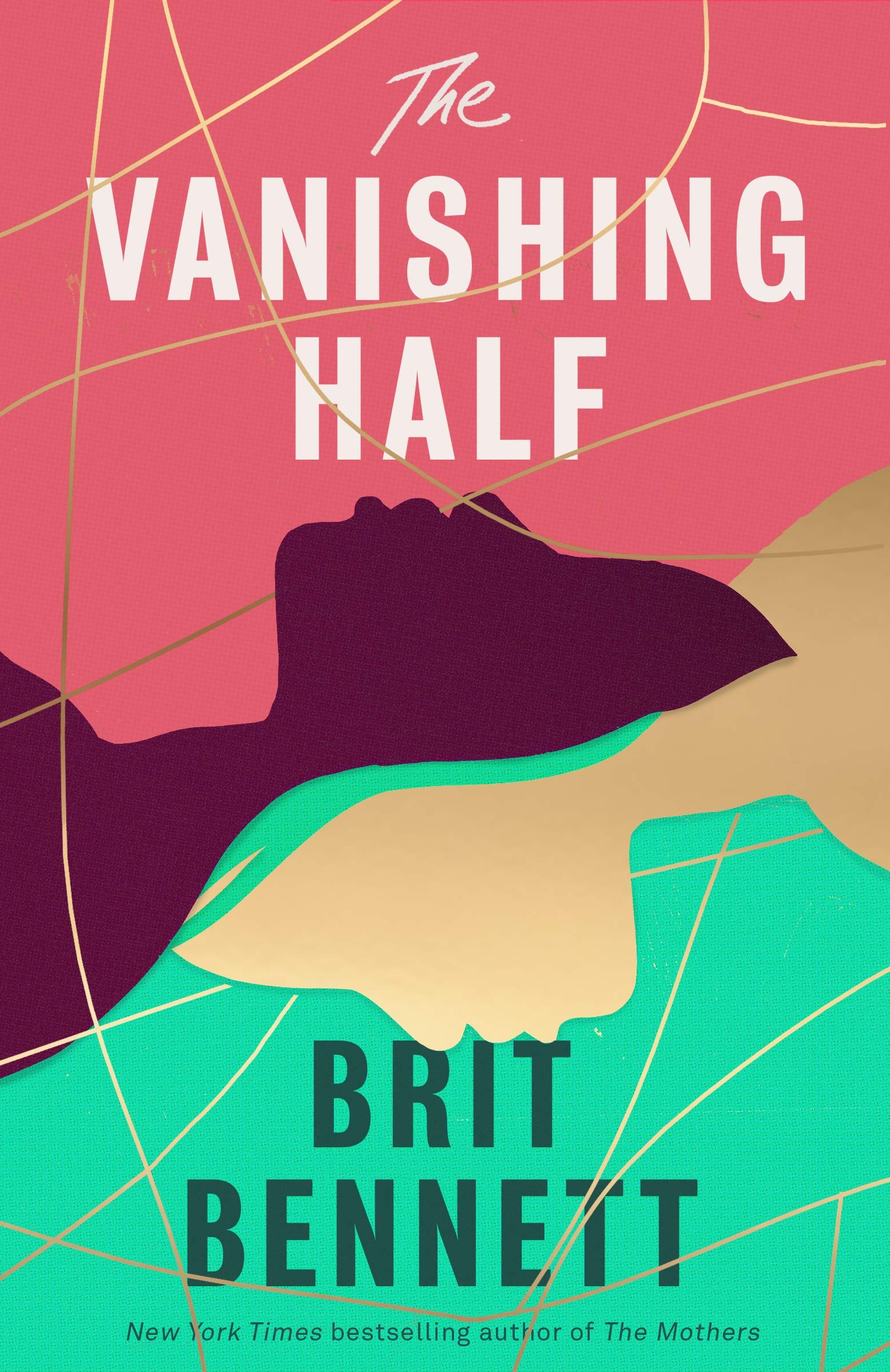
With The Vanishing Half, Brit Bennett confirms her astonishing grasp of the complexities of family life. A superb novel about race, belonging and the lure of the American dream!”
Posted on April 7, 2021 by The Orwell Prize -

Cumbrian shepherd James Rebanks’s memoir recalls his family’s farming days, from his grandfather and father, to his own young children, who are already learning his trade. Vividly and movingly written, with sometimes painful honesty, this is part tribute to his forebears and a declaration of love for the English countryside. Equally, it is an impassioned plea for a return to more sustainable and environmentally friendly ways of farming, that allow livestock, the land and all its wildlife to thrive even as they support us.”
Posted on April 7, 2021 by The Orwell Prize -

“A magnificent and moving account of everyday life in Putin’s Russia, this book explores the moral psychology of compromise and the difficulties of pursuing one’s ambitions, while living with integrity, or not, in the face of demands from an overmighty state. Beautiful and haunting, the book illuminates the challenges of moral life and the ways in which authoritarian rule is maintained.”
Posted on April 7, 2021 by The Orwell Prize -

A detailed, surprising and moving account of the long history of Africans in Europe. Olivette Otele carefully charts the multiple interlinkages between two worlds often seen as separate, and in the process casts a light on contemporary debates about race and identity.”
Posted on April 7, 2021 by The Orwell Prize -

In 1919, rape was declared an international war crime, yet since then the International Criminal Court has prosecuted no-one. In a harrowing but clear-eyed account, journalist Christina Lamb reveals the extent to which women and girls have been, and continue to be, raped as a deliberate tactic of war. From the killing fields of Rwanda and Kosovo, to war-time Berlin and Southeast Asia, to 1970s Argentina and present-day Nigeria, Lamb speaks to survivors, witnesses, and those who hold the memory of unspeakable atrocities. These crimes have never before been recorded and compiled in this way, making this a landmark work.”
Posted on April 7, 2021 by The Orwell Prize -

A fascinating, deeply compassionate book that, while telling the stories of those charged with caring in its myriad forms, serves too as a pungent critique of the consumerism and policies of austerity that have heled engender our current crisis of care.”
Posted on April 7, 2021 by The Orwell Prize -

A fascinating, sometimes harrowing, but intensely human account of the recent history of Tibet told through the stories of some remarkable characters.”
Posted on April 7, 2021 by The Orwell Prize -

The Interest is exactly the kind of history book Britain needs now, putting into sober context the back-slapping idea Britain did everything it could to wipe out slavery in the nineteenth century. Exhaustive and unflinching, Taylor’s book shows that, in reality, many British institutions and individuals desperately tried to keep it alive, motivated by greed.”
Posted on April 9, 2020 by The Orwell Prize -
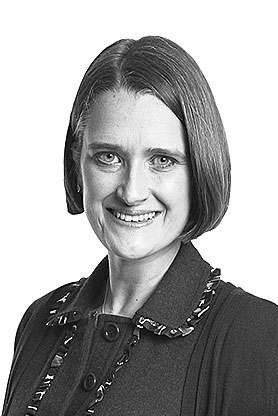
In a series of articles published over several months in the comment pages of The Times and the Times Magazine, Rachel investigated the link between the rise in school exclusions and knife crime. She joined Ofsted inspectors on an illegal unregistered alternative provision primary school and interviewed those working in pupil referral units to reveal the failings in that sector and how it could be improved. She also spoke to policymakers and politicians about the underlying causes of gang culture. The articles revealed how the education system is abandoning the most vulnerable children with appalling social consequences.
“Rachel Sylvester tackles the intersecting social evils of knife crime and school exclusions in a series of rigorously investigated and beautifully executed articles exposing the impact on the children themselves and society as a whole. Sylvester reveals the impact of inadequate regulation and investment and suggests a way forward by highlighting initiatives that have succeeded to bring about lasting change in the lives of some of our most vulnerable children.” Professor Rosie Campbell, Judge
Dithering ministers must tackle knife crime
Unruly children are simply being written off
Educating the excluded
Posted on April 9, 2020 by The Orwell Prize -

It started as a tip-off. It was said over the din of a busy kitchen to a co-founder of the Bristol Cable, working as a kitchen porter as the media co-operative got off the ground. Then, following an investigation spanning 5 years, one of Bristol’s most notorious bosses was facing accountability, and two men had been released from slave-like conditions.
Undercover reporting, a good amount of shoe leather, open-source intelligence, the cultivation of dozens of brave but apprehensive sources helped tell this story of modern Britain, putting a halt to decades of impunity. An engagement-led approach maximised official impact, including community events, a custom microsite and collaboration with the local BBC.
“The Bristol Cable’s brave and relentless investigation into horrific abuse of employees is an exemplar of how investigative journalism might thrive in the digital era. This collaborative crowd funded team have exposed local social evils with national implications. The mixed journalistic form lends itself to the extended investigation, following every twist and turn, learning about the hidden world around us on the way.” Professor Rosie Campbell, Judge
Finally exposed: How Lopresti ice cream boss kept men in slave-like conditions, tenants and families in squalor. But people spoke out.
The Ice Cream Slavery Case
Revealed: An anti-slavery court order was made against local boss Lopresti. Here’s evidence it may be being breached
Speaking out: A litany of allegations

















